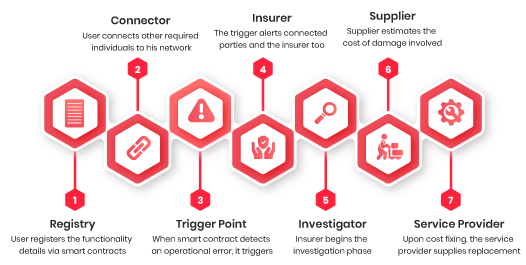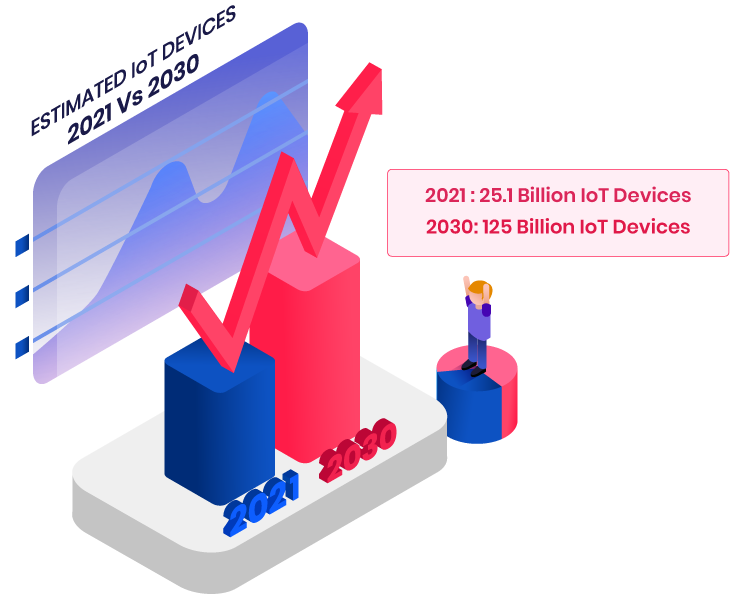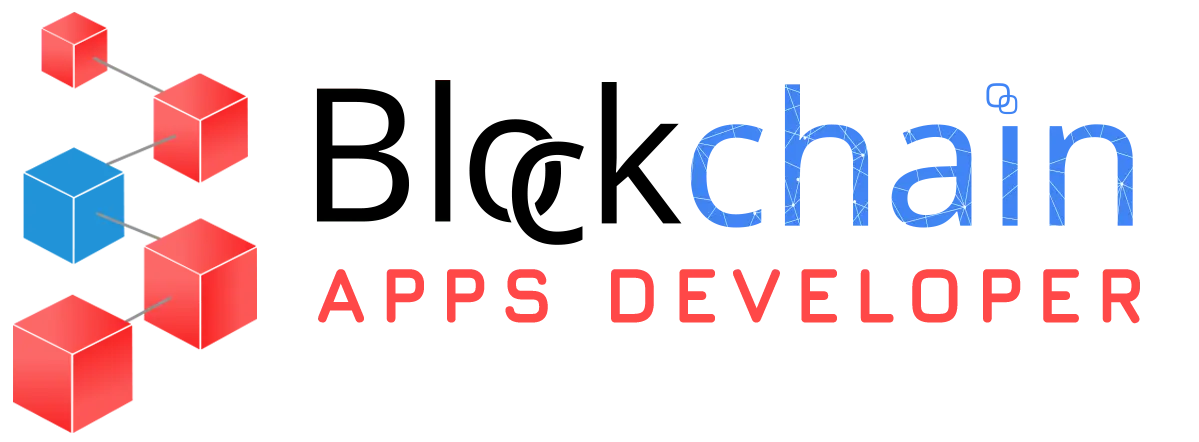blockchain solutions for iot application development
Integrate blockchain technology into your IoT system and bolster your organization with efficiency, speed, and security.
Home
Blockchain Solutions For IoT App Development
why should you integrate blockchain into iot?
Blockchain-IoT solutions are the need of the hour for any enterprise, be it emerging (or) a business conglomerate. It’s because, though IoT has made our lives smarter, it has come with its own set of security and privacy flaws that can only be overcome by blockchain technology.
It is estimated, that by 2021, 25.1 billion IoT endpoints would have been set up across the world. As organizations are shifting towards a cost-effective, highly efficient, completely automated, and decentralized business model, the demand for blockchain IoT enterprise solutions will be huge in the upcoming year.
how blockchain tackles the barriers in iot applications?
The major concerns of IoT platforms which affect the performance of an organization.
Data Breach
In IoT apps, the information processed between any two mediums is completely online. Hence, they are easily hacked by third-parties with DDoS attacks. The protection offered by Blockchain-IoT solutions effectively guards your data.
Low Network Capacity
The limited wireless network capacity is subjected to vary, and sometimes even perform poorly, based on the connected endpoints. Such scalability concerns are sorted by organizations with Blockchain-IoT applications.
Privacy Issues
Since every data transaction is performed with the help of the internet, a minor bug in the operating system could simply expose your privacy to outsiders. This is how smart-homes are easily hacked.
Unreliable
Considering all the issues, and users’ poor understanding of the concept, the entire concept of IoT is sometimes considered unreliable. But, Blockchain integrated into IoT solutions reveals the actual potential of IoT in the workforce (or) our houses.
benefits of blockchain-iot applications
Learn how blockchain effectively taps into the potential of IoT.
Security
Blockchain networks, encrypted by cryptography techniques, make it impossible to hack through the private IoT data.
Scalability
Blockchain-IoT solutions, known for offering high scalability, can handle multiple IoT endpoints without any delay.
Decentralization
Decentralization of the IoT by blockchain-IoT solutions prevents a single point of failure and develops tamper-resistant data records.
Smart Contracts
Blockchain makes IoT systems cost-effective as smart contracts automate every function, thus reducing third-party vendors.
Accountability
A decentralization network is highly transparent. Since every data processed can be viewed (but unaltered), it restores trust in IoT.
Speed
By cutting out the intermediaries, blockchain networks help in the direct transfer of data. Thus, it increases the speed of IoT systems.
process flow of blockchain-iot application
Here’s how a blockchain-integrated-IoT smart home functions. However, the functionality can be varied from one industry to another.

future of blockchain-iot applications
Blockchain-integrated-IoT applications are expected to impact the global economy in 2025 with $11.1 trillion.

blockchain integrated iot solutions for industries
Blockchain-IoT solutions can be incorporated in all major sectors.
Supply Chain
Construction
Pharmacy
Agriculture
Automotive Industry
Water Management
Manufacturing Units
Power Utilities
Why Choose BlockchainAppsDeveloper For blockchain-IOT solutions?
8+ years of experience in the blockchain development industry.
100+ technical pool of blockchain architects and developers.
Exclusive IoT application development team.
Prompt guidance and communication.
Exclusive project manager for your blockchain-IoT application project.
Offshore hiring policies.
Rigorous testing practices.
Maintenance and support.
